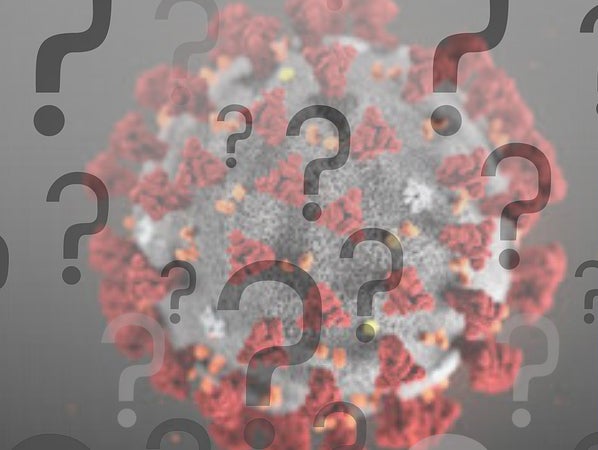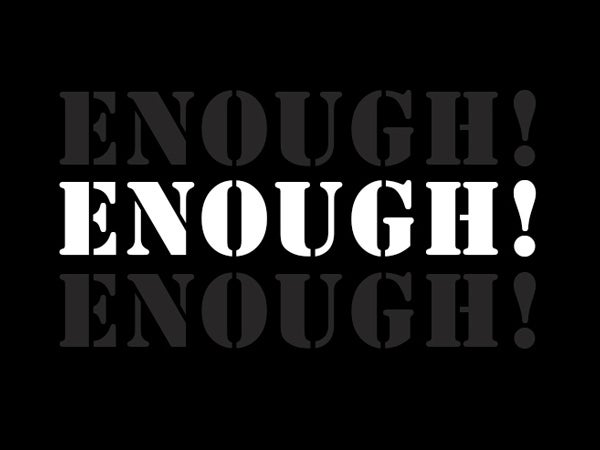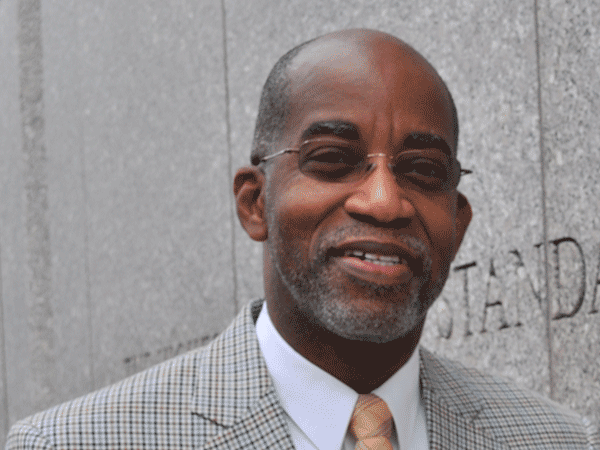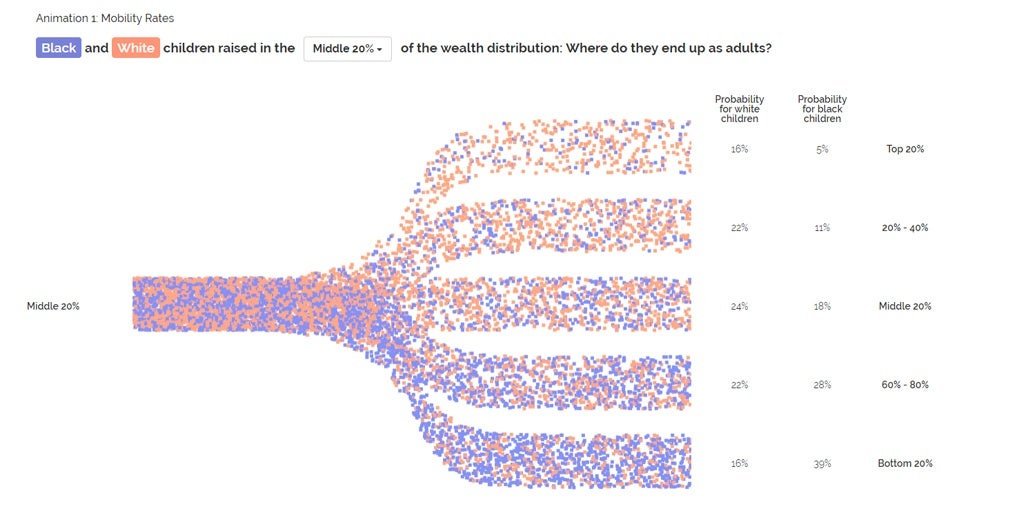A Harvard Pop Center Working Paper (now published in PLOS Medicine) is referenced in a piece in The New York Times that explores the potential years of life lost in the United States due to COVID-19. Photos (left): by Diana Simumpande on Unsplash; (right) Photo by JoelValve on Unsplash
STILL MISSING: US racial/ethnic data for COVID-19 cases
A Harvard Pop Center working paper finds that despite a federal policy that went into effect in early June requiring that racial/ethnic data be reported for all COVID-19 cases, it is still not being adequately reported. Based on publicly available data at the CDC website, close to half of the cases reported between August 28, 2020 and September 16, 2020 are still missing this key information. “These findings suggest that…
Continue reading “STILL MISSING: US racial/ethnic data for COVID-19 cases”
ENOUGH: Nancy Krieger looks back (and forward) as country grapples with convergence of multiple crises
Harvard Pop Center faculty affiliate Nancy Krieger, PhD, has written an editorial published in the American Journal of Public Health that sheds light on the nature of the inequities exposed by COVID-19. Krieger also shares words of inspiration and encouragement—her own, as well as those of notable historical figures—that call for us to stay strong in the fight to bring about “health justice, democratic governance, and an equitable, sustainable future.”
Social scientist David Williams says COVID-19 is a call to action for a ‘Marshall Plan’ for disadvantaged communities
The Chicago Sun Times reports on a Robert Wood Johnson Foundation teleconference with Professor David Williams, PhD, during which he explained how the coronavirus is bringing to light the health disparities that “reflect longstanding policies that have created pervasive social and economic inequalities in the United States.”
Persistent, intergenerational racial wealth gap clearly illustrated via animated data visualization
Harvard Pop Center faculty member Sasha Killewald, and co-author Fabian T. Pfeffer have published an article in Socius that leverages animated graphics fueled by JavaScript to creatively illustrate a racial (black vs. white) wealth gap. Findings suggest that both the starting point of past generations, along with “continued institutionalized discrimination,” contribute to this inequality. The graphic is showcased in this piece published in U.S. News and World Report on economic…




